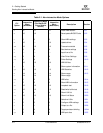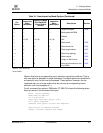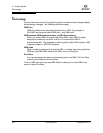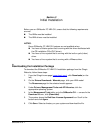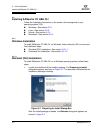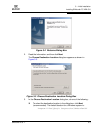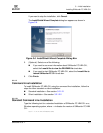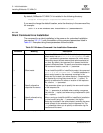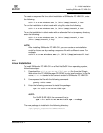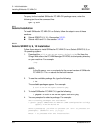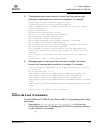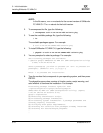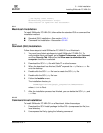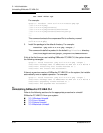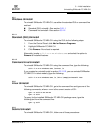
3 – Initial Installation
Installing SANsurfer FC HBA CLI
3-6 SN0054614-00 F
S
By default, SANsurfer FC HBA CLI is installed in the following directory:
Program files\QLogic Corporation\SANsurferCLI
If you want to change the default location, enter the directory in the command line;
for example:
scli-1.x.x-xx.windows.exe installdir="c:\sansurfercli"
3.2.1.2.2
Silent Command Line Installation
The command for a silent installation is the same as for a standard installation
(see section 3.2.1.2.1), with the addition of the command parameters listed in
Table 3-2. Examples using these parameters follow the table.
Table 3-2. Windows Command Line Installation Parameters
Parameter Meaning Description
/r
Record mode
a
a
InstallScript and InstallScript MSI projects only.
To run the SANsurfer FC HBA CLI installation package in
silent mode, first run scli-1.x.x-xx.windows.exe with
the /r parameter to generate a response file, which stores
information about the data entered and options selected at
run time. By default, the response file is created inside the
system's Windows folder. To specify an alternative response
file name and location, use the /f1 parameter.
/s Silent mode For an InstallScript MSI or InstallScript project, the command
scli-1.x.x-xx.windows.exe /s runs the installation in
silent mode, based on the responses contained in the
Setup.iss file, located in the same directory. (Response files
are created by running Setup.exe with the /r option). To
specify an alternative file name or location of the response
file, use the /f1 parameter.
/f1 Specify alternative
response file namea
This parameter allows you to specify the name and location
of the response file.
The /f1 parameter is available when creating a response
file (with the /r option) and when using a response file (with
the /s option).
/f2 Specify alternative log
file namea
When running an InstallScript MSI or InstallScript installation
in silent mode (using the /s parameter), the log file
Setup.log is created in the same directory and with the same
name (except for the extension) as the response file. The
/f2 parameter allows you to specify an alternative log file
location and file name.



